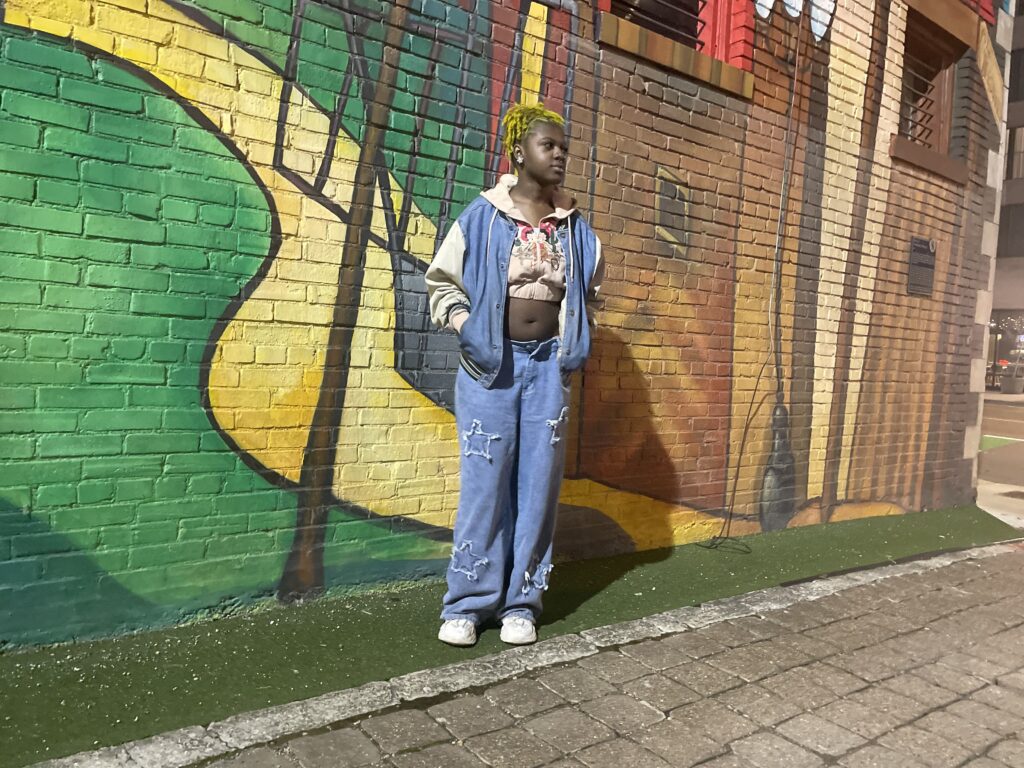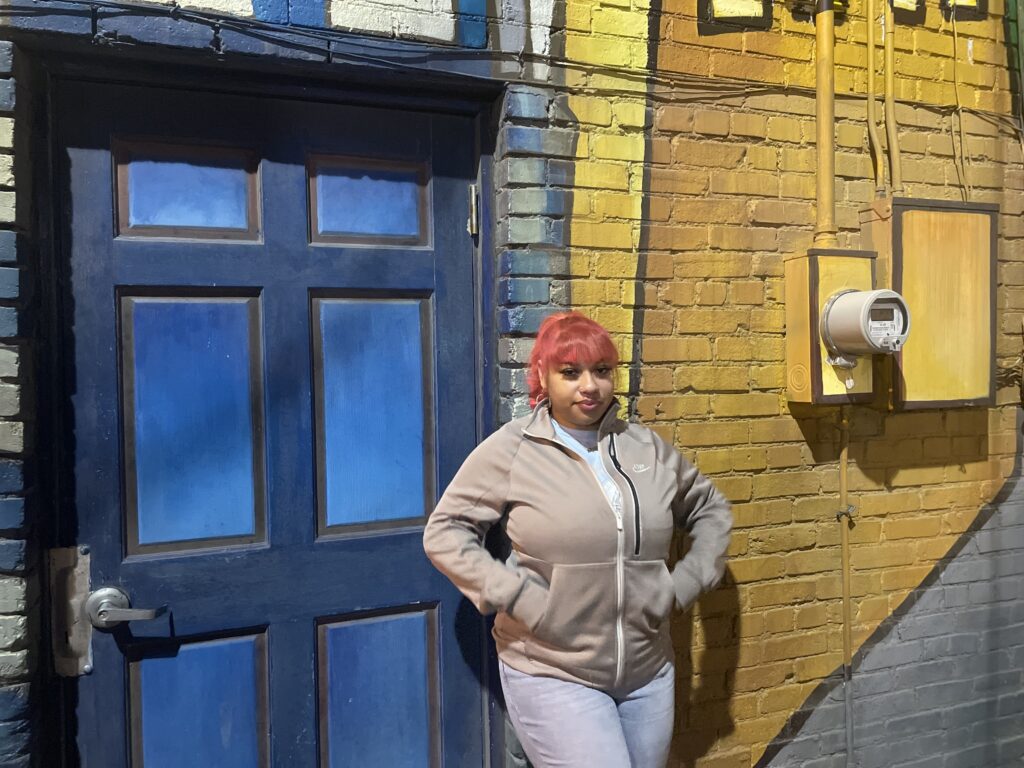Local, queer Gen-Z folks share their experiences moving away from religion
When 24-year-old Eva Hernandez of Memphis, TN, was a little girl, she was very nosy. She sat underneath her mother’s coffee table, listening to the conversations of her aunties and mother. The conversation would be about religion a lot of times. As she listened, she sat confused and terrified. She imagined heaven as this monotonous place where she picked apples with gold sidewalks and had to wear robes and sandals. If she did anything wrong, she thought she would burn in a fiery pit in hell for eternity. As she got older, that same trauma would lead her to leave the traditional sense of organized religion.
“Growing up, religion didn’t make sense to me,” Hernandez said. “People were just contradicting themselves.”
Hernandez is not the only person who feels this way about organized religion. She is one of a growing number of young people who share these ideas.

The least religious generation is Generation Z. According to Pew Research, one-third do not practice any religion, which is approximately the same percentage as Millennials. By comparison, the corresponding percentages for Generation X, Baby Boomers, and the Silent Generation are 23 percent, 17 percent, and 11 percent.
“Gen-Z are more in tune toward finding who they are,” Hernandez said. “The church tells us what we are or who we want to be is not okay, and Gen Z feels like they are getting judged.”
The judgment by the same people who claim acceptance has turned a lot of individuals away from organized religion, according to 20-year-old Kercina Bennem.
Bennem’s pronouns are she/they, and they are queer. They do believe in Christianity but focus on their individual relationship with God.
“The reason why I left the traditional sense of religion is that I wasn’t being taught the correct way,” Bennem said. “My parents put all their religious trauma and stress on to me.”
According to Pew Research Center surveys, the proportion of individuals who identify as atheist, agnostic, or who believe they don’t know anything at all has increased from 16 percent to 29 percent since 2007. The percentage of American people identifying as Christians decreased from 78% to 63% throughout this period.
“People are leaving the church because of religious trauma,” Bennem said. “Religion can be presented in such a toxic light in certain households that it keeps people away from it.”
One particular issue that is turning Gen Z away from organized religion is the church’s position on LGBTQ+ rights.
“The LGBTQ+ is one of the most judged groups of people and is told they will go to hell for liking another human being,” Hernandez said. “They tell us only God can Judge but judge everything the LGBTQ community does.”

Some of these sentiments regarding the LGBTQ community and other nontraditional ways of life held by non-affiliates have parallels with religious people.
Glodine Brown, 58, of Bryant, Arkansas, is a former deaconess. She said the church and others need to lead with love and by example. She said that’s the only way to strengthen relationships with the younger generations.
“The younger generation knows more and sees some of the traditional things that Christians have believed that may not been aligned with the true doctrine,” Brown said. “I think instead of taking what’s beneficiary and applying that to be a faithful member of the church, the younger generations just done away with religion altogether.”
Since leaving organized religion, Eva Hernandez is still trying to figure out life. Still, she feels like it is okay not to have everything figured out. She just wants to better her relationship with God.
“I know I can’t change the world, but I can make a change in my environment and the people I’m around,” she said. “I know I can spread that love around to other people.”




